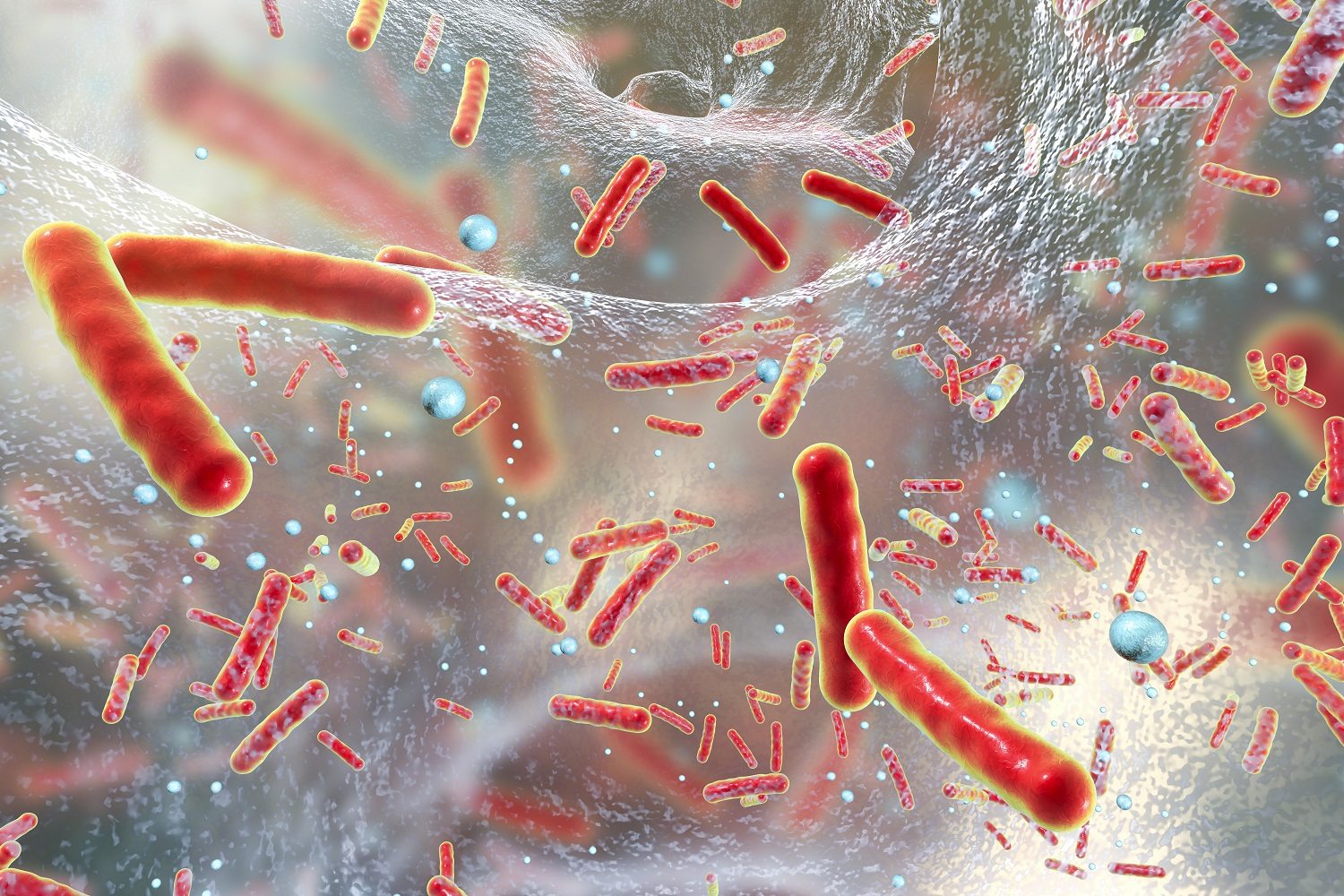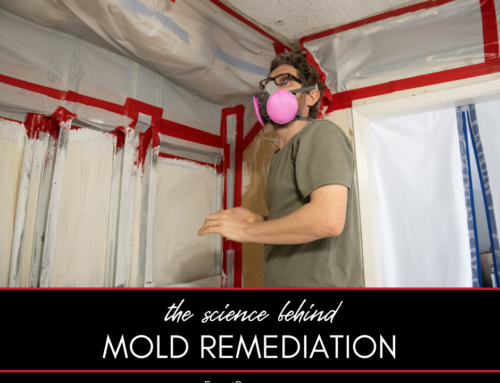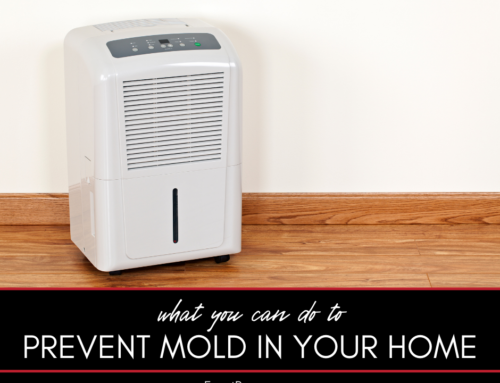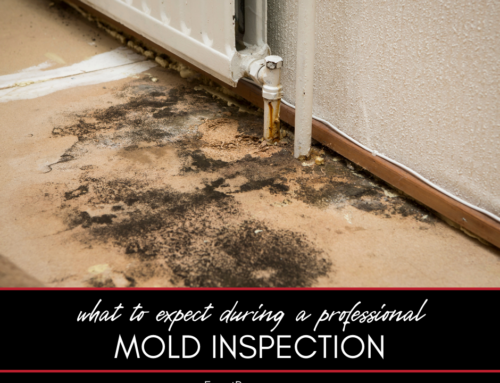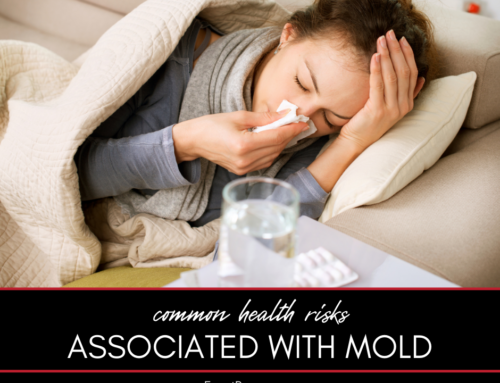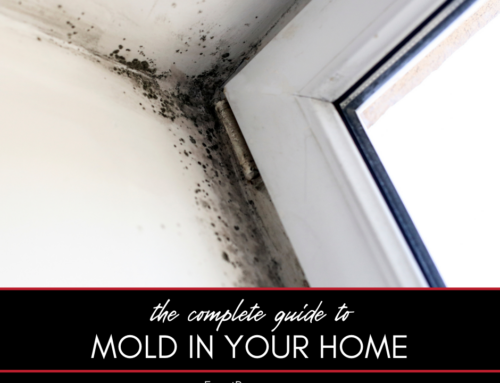Mycotoxins are toxins that some species of mold produce – and they’re some of the most toxic substances that exist in nature.
Mycotoxins: Common Types
Common types of mycotoxins include:
- Aflatoxins, which are produced by Aspergillus
- Ochratoxin
- Trichothecene
- Fumonisins
- Zearalenone
Can You Kill Mycotoxins?
Mold spores are alive, but the mycotoxins they carry aren’t. Technically, you can’t “kill” mycotoxins like you can kill mold. However, you can break them down and make them so they’re no longer dangerous to humans.
You can’t do this safely without working with a knowledgeable mold remediation expert who has the proper protective gear and follows strict procedures to neutralize the threat.
Some mycotoxins can be broken down by bleach solutions, but others require fire at 500 degrees F for at least 30 minutes (or 900 degrees F for 10 minutes). Ozone can kill some mycotoxins, but the levels you’d need to do the job aren’t safe for humans.
HEPA air filters don’t work to remove mycotoxins, but some activated carbon filters can remove them from the air.
Most mycotoxins eventually break down and lose their toxicity, but some can last for years.
How to Tell if Your Home Has Mycotoxins
Watch for allergic symptoms that mimic those that mold produces; if you see or smell mold, call in a mold remediation expert immediately to conduct testing. The expert you call should also be able to give you actionable steps to follow to stay safe.
Do You Think You Have a Mold Issue in Ann Arbor?
If you suspect you have a mold problem in Ann Arbor or the surrounding communities, get in touch with a mold remediation expert today. Call us at 517-262-3770 or contact us online so we can schedule an appointment to analyze the situation right away.

